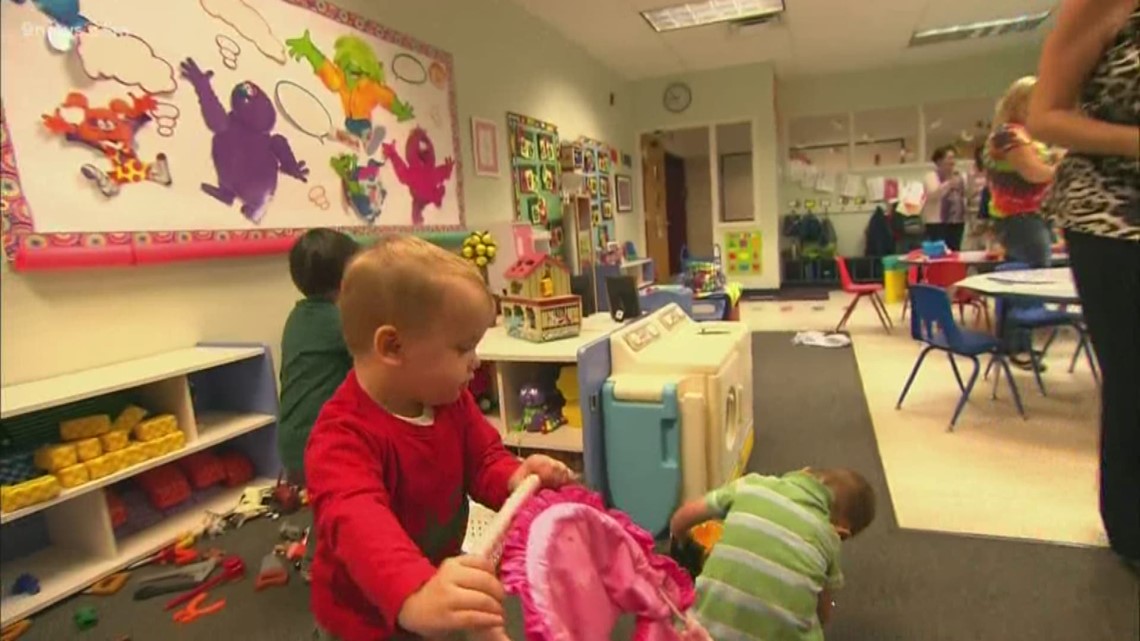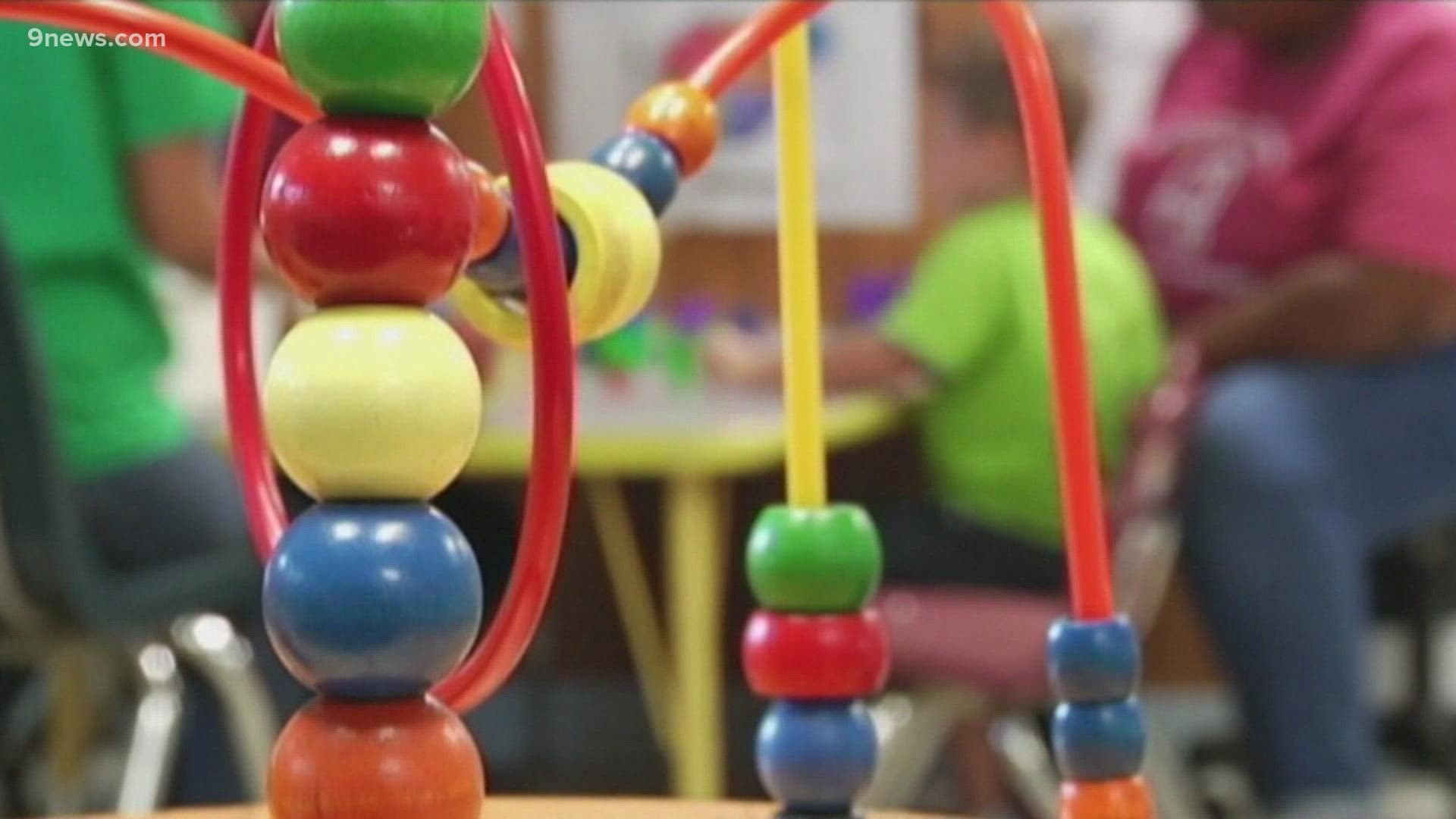DENVER — Thursday afternoon, the Colorado Senate Education Committee heard from educators about universal preschool.
It's an idea that's been discussed in Colorado for years. It's also been a long journey -- one that isn't over yet.
HB22-1295 establishes the duties for the Department of Early Childhood to streamline resources for families, as well as the new universal preschool program.
The goal is to stand up universal pre-K by fall 2023.
"We wouldn't have arrived at this point if it weren't for those families' courage and willingness to say, 'No, child care costs more than my mortgage. I can't work and my family lives in poverty because we can't afford child care,'" Melissa Mares said.
Mares is the senior policy analyst for Early Childhood with Colorado Children's Campaign.
"It could change the trajectory for thousands of 4-year-olds," she added.
Mares said current work on universal pre-K builds on a decade's worth of legislative momentum.


Gov. Jared Polis (D-CO) campaigned on this issue. His office said in 1988, the Colorado preschool program was initiated for eligible kids.
In 2013, the Office of Early Childhood was established.
Several bills passed along the way. Work up until now has included addressing funding, putting together an inventory of unused state-owned property to figure out if it's suitable for affordable child care, and funding for establishing, renovating and expanding child care facilities.
The concrete turning point, according to Mares, came in 2019 when full-day kindergarten was approved in Colorado.
"Then the momentum began." she said, "What more can we do for families?"
The following year, voters said yes to Proposition EE to help fund universal pre-K.
Since, the state has collected money. By next year, it predicts to have $167.7 million for universal pre-K.
Mares said they've engaged with well over 1,000 Coloradans in 32 counties.
One of the bill sponsors, Rep. Emily Sirota (D), said they also decided creating a Department of Early Childhood would be most effective to streamline services. They also set up a childhood leadership commission that came up with recommendations.
Those recommendations are now wrapped up in a bill being debated by state lawmakers.
"It's a big piece of legislation -- almost 500 pages," Mares said. "I know it can be so frustrating to wait for change."
"It's not uncomplicated," Sirota added. "And we want to make sure we get it right for everyone."
Sirota also said they know they are trying to expand programs in an area plagued by staffing shortages and pay issues.
The representative said they've targeted millions toward the work force, offering more pathways into the profession and bolstering support for educators through the pandemic.
Sirota said she is also working on a bill this legislative session for tax credits for early childhood educators. She said pay is a big factor, too.
"There are plans in place to better address how we pay for these services and this profession," said Sirota.
But how much and what the pay structure would be has yet to be decided.
If the plan moves forward, there would be up to 10 hours of universal pre-K available for kids.
The goal is for the state to streamline services and resources to help families who need more.
There are variations across the state with some communities in rural Colorado, Summit County and Denver with pre-school programs, and other areas that don't have teachers or even the buildings to house these kinds of programs.
The state would be relied on to bridge those gaps.

